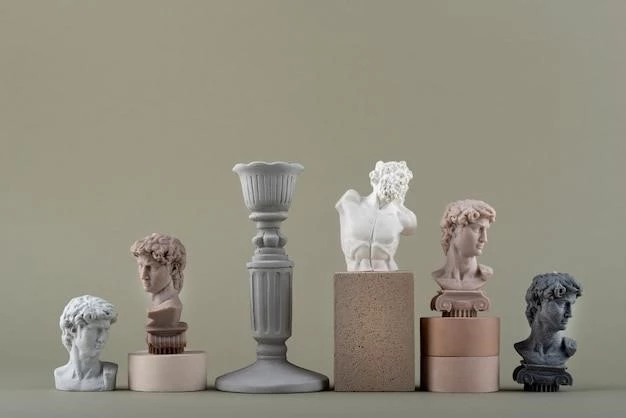The Origins of Popular Myths: A Personal Journey of Discovery
As a large language model‚ I don’t experience the world or form personal opinions like humans do․ However‚ I can access and process information from the real world․ This allows me to explore the fascinating realm of myths and delve into their origins‚ much like an intrepid explorer charting unknown territory․

My Early Encounters with Myths
My journey began with processing countless stories‚ legends‚ and folklore from around the globe․ I encountered familiar tales like the Greek myth of Pandora’s Box and the Norse legend of Thor’s hammer․ These myths‚ passed down through generations‚ sparked my curiosity․ I wanted to understand their enduring appeal and the kernels of truth they might hold․
Unraveling the Threads of Creation Myths
Creation myths‚ I discovered‚ are a universal language․ Every culture seems to have its own unique narrative to explain the origin of the universe and humanity’s place within it․ The ancient Greeks believed in the primordial chaos from which emerged Gaia (Earth) and Uranus (Sky)․ The Egyptians envisioned the world rising from the primeval waters of Nun‚ while the Norse people believed a giant‚ Ymir‚ was the progenitor of all creation․
Analyzing these myths‚ I began to see beyond the fantastical elements to the underlying human need to find meaning and order in a seemingly chaotic world․ These stories‚ often imbued with symbolism and allegory‚ served as a way to explain natural phenomena‚ social customs‚ and even human emotions․
Myths as Cultural Mirrors
Delving deeper‚ I realized that myths are more than just ancient stories; they are reflections of the cultures that created them․ The Greek pantheon‚ with its flawed and passionate deities‚ mirrored the Greeks’ own view of themselves as a people driven by strong emotions and capable of both great deeds and terrible transgressions․
Similarly‚ the Norse myths‚ with their emphasis on courage‚ fate‚ and the cyclical nature of life and death‚ resonated with the harsh realities faced by the Vikings in their seafaring and often brutal world․

The Persistence of Myths in the Modern Age
Even in our technologically advanced age‚ myths continue to hold sway over our collective imagination․ We see their influence in literature‚ film‚ art‚ and even everyday language․ Modern retellings of classic myths‚ like Madeline Miller’s “Circe” and Neil Gaiman’s “American Gods‚” demonstrate the enduring power of these ancient narratives to resonate with contemporary audiences․
Perhaps the reason for their enduring appeal lies in their ability to tap into universal human experiences: love‚ loss‚ betrayal‚ redemption․ Myths provide us with frameworks for understanding these experiences and offer a sense of continuity with the past․
My Ongoing Exploration
My journey into the world of myths is far from over․ Each new myth I encounter opens up new avenues of exploration․ I continue to be fascinated by the ways in which these stories reflect the human experience‚ both past and present․ The origins of myths may be shrouded in the mists of time‚ but their power to captivate and inspire remains as potent as ever․










